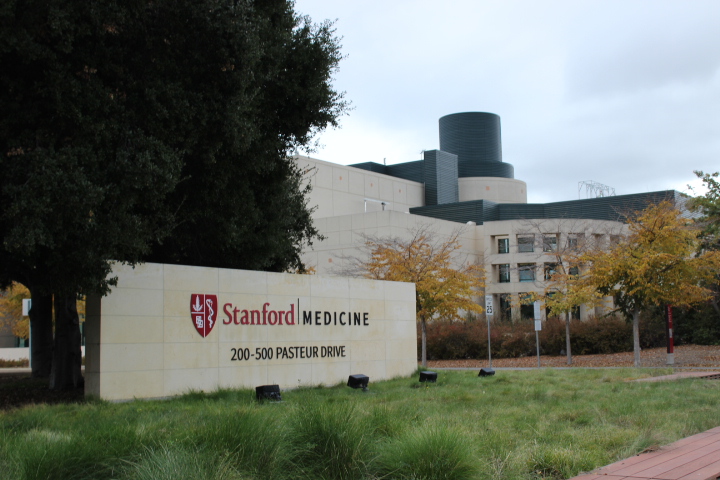Researchers at Stanford School of Medicine found that being treated with the cancer drug rituximab before receiving the COVID-19 vaccine results in a failure to generate an immune response to the virus, according to a February study published in a journal by the American Association for Cancer Research.
Rituximab, sold as Rituxan, is an antibody treatment used to treat lymphoma, a cancer of B-cells, and other blood cancers. Rituximab works by targeting both the normal and tumor versions of B-cells, according to professor of oncology and senior author of the study Ronald Levy M.D. ’68. The drug is a common source of treatment for patients with lymphoma and has been shown to prolong their lives, according to Levy.
The study examined the immune responses of 126 patients who were treated with rituximab. Though the researchers knew that there would be some impairment in the immune response after receiving a drug like rituximab, oncology-medicine instructor and lead author Tanaya Shree said that they did not know the degree of impairment.
Researchers found that receiving the COVID-19 vaccine prior to rituximab treatment can still generate a positive immune response, according to the study. Nine patients fully inoculated with the COVID-19 vaccine sustained their immune response even after starting rituximab.
However, everyone in the study who had received rituximab in the last six months or was currently receiving the drug had an impaired vaccine response, according to Levy. Though researchers are unsure how long patients need to wait after receiving the COVID-19 vaccine before starting rituximab, one patient in the study demonstrated an immune response after receiving just one dose of the COVID-19 vaccine before starting cancer treatment.
Prior to the emergence of the omicron variant, patients who could not receive the COVID-19 vaccine could be protected using mass-produced antibodies that had been isolated from individuals had an immune response to COVID-19, according to oncology professor Ash Alizadeh M.D. ’03 Ph.D. ’03. But with the variant, only one combination of antibodies is effective — and the effect wears off with time, meaning that a yearly dose may be necessary, Alizadeh said. Because of this, Levy recommended that individuals get vaccinated before being treated for lymphoma using rituximab.
This recommendation also applies to non-COVID-19 vaccines, such as those that prevent the flu, pneumococcal and hepatitis B, according to Levy. Just as with the COVID-19 vaccine, getting inoculated prior to receiving rituximab means the individual will be able to generate an immune response even during treatment, Levy added.
These findings will impact more than just lymphoma patients. Because rituximab dampens the immune response, it is used to treat other diseases that are caused by an overactive immune system, according to Levy. As such, those who are using rituximab for non-cancer diseases will also be impaired in their response to the COVID-19 vaccine.
Alizadeh said the study raises key questions about drug approval. A major part of approval for drugs that are immunosuppressive has been looking into their efficacy — but another crucial aspect is safety, he said.
“Part of that safety assessment should be on how it affects the immune system, and historically, that’s not been done by the drug companies,” he said.
Both Alizadeh and Shree agreed that, though rituximab is a highly effective medication, this study will change how doctors think about remission strategies once a patient’s cancer has been reduced.
“We’ll continue to use it, but in certain situations where the benefit isn’t clearly proven, and depending on the status of the pandemic at the time, we are rethinking delivering more rituximab than needed,” Shree said.
The study also raises the question of how rituximab could impact T-cells in patients, according to Shree. Because patients’ immune systems could become more heavily dependent on T-cells if their B-cells are suppressed, it is possible that patients could be protected if they have enough of a T-cell response, she said.
Shree added that she noticed her patients were concerned with the lifting of COVID-19 measures given the implications this could have for their health.
“We see a lot of restrictions being lifted, but for patients who are still on these aggressive treatments, they can’t relax,” she said. “As long as there is COVID-19 around, these patients will continue to be vulnerable.”
